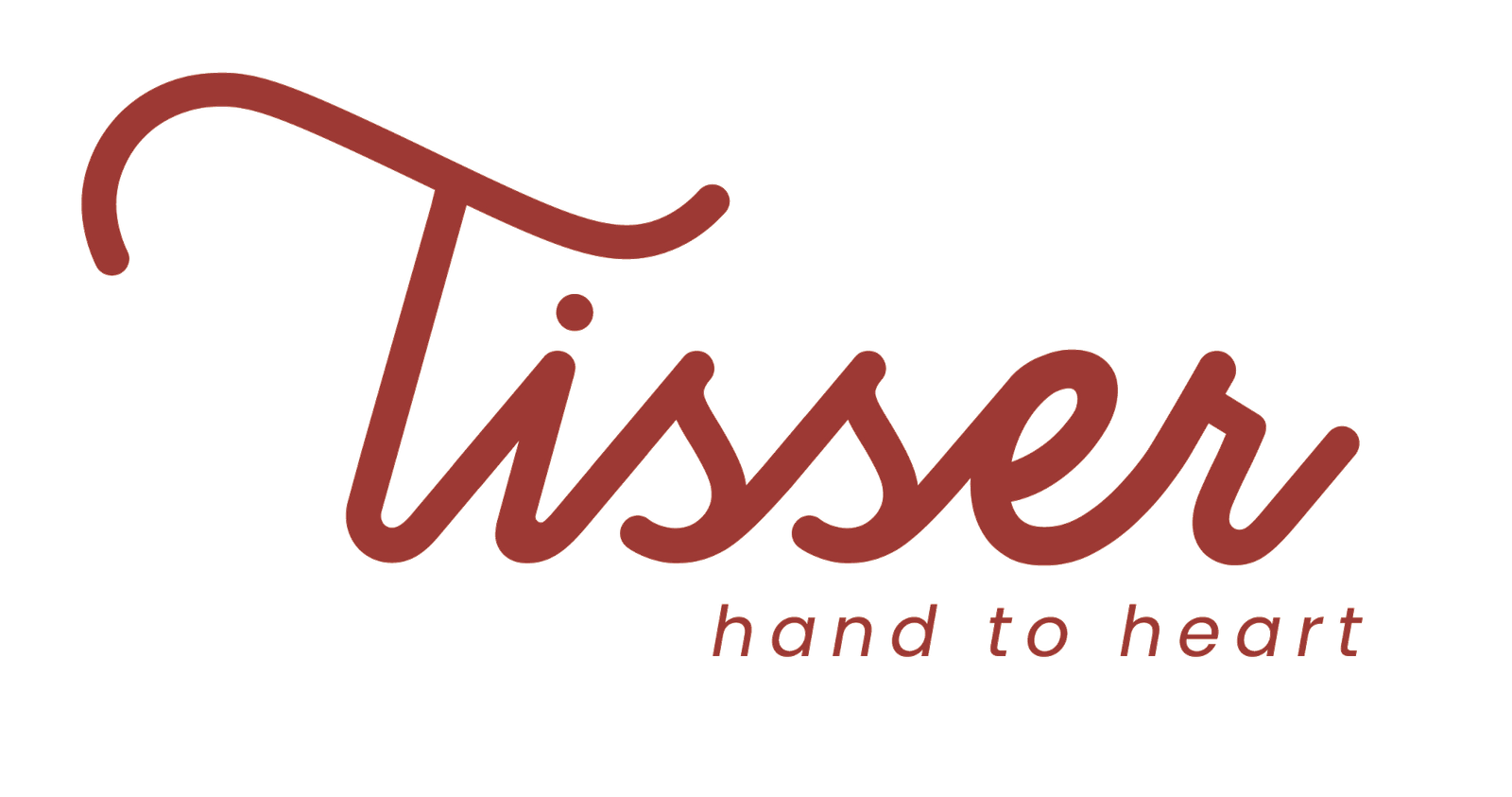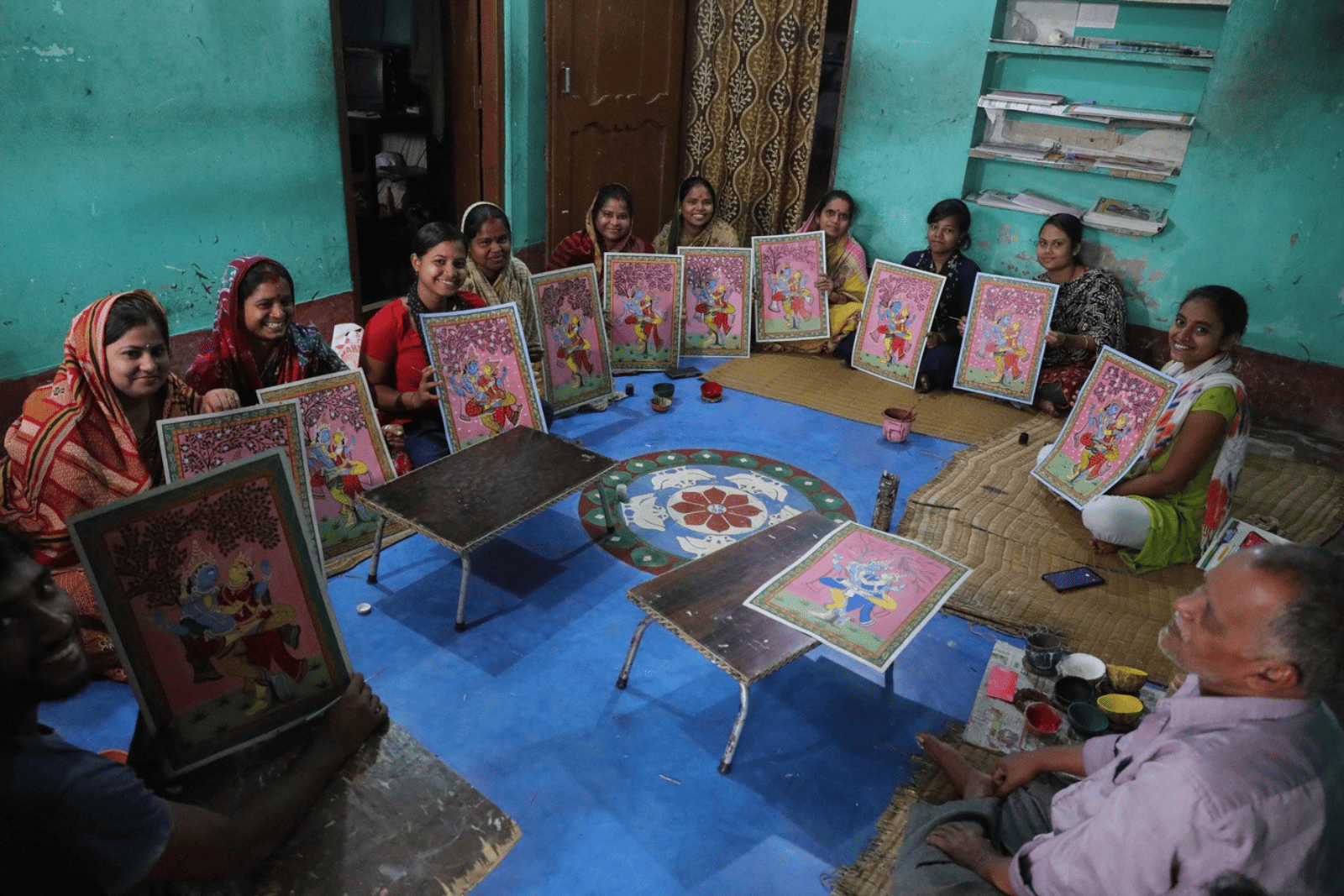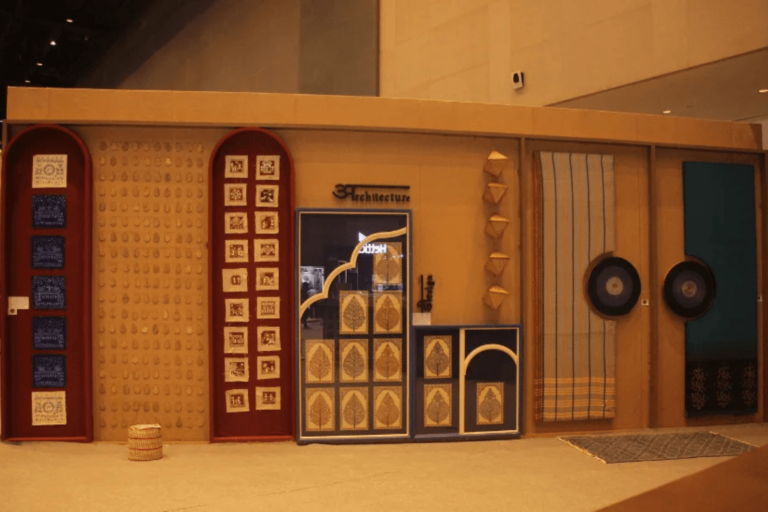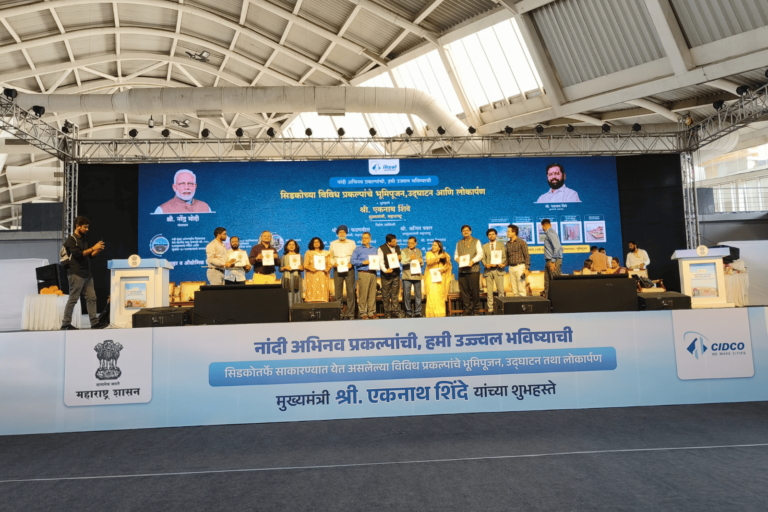Tisser is leading the way in incorporating Diversity, Equity, Inclusion, and Accessibility (DEIA) principles into the craft sector, with a specific focus on marginalized rural artisans. Our “Artisans of Change” initiative is reshaping traditional craftsmanship by embedding DEIA at the core of our operational, organizational, and social strategies. This comprehensive approach not only advances inclusivity but also fosters sustainable economic development in rural communities.
Uniqueness of Approach:
Additionally, we have designated DEIA as a material topic within our larger Environmental, Social, and Governance (ESG) framework. From this fiscal year onward, DEIA will play a central role in our social sustainability initiatives, positioning Tisser as a leader in advancing sustainability through inclusivity.
Potential Scale of Impact:
Our “Artisans of Change” project is designed to transform the lives of thousands of rural artisans, especially women, across multiple clusters in India. By emphasizing DEIA (Diversity, Equity, Inclusion, and Accessibility), we empower marginalized communities to shape their economic futures while preserving their cultural heritage. Currently, Tisser is active in several clusters, with plans to expand into additional regions soon, thereby increasing our social and economic impact on a broader scale.
A core element of our commitment to DEIA is our inclusive hiring framework, which guarantees equitable opportunities for individuals from all backgrounds within the growing Tisser family. This framework will be a foundational aspect of every project Tisser undertakes, ensuring DEIA principles are integrated into all stages of our operations, from hiring to project implementation.
Implementation Efforts
Tisser has actively begun embedding DEIA principles throughout the organization. In addition to our internal awareness sessions and surveys, we are developing a DEIA-inclusive hiring framework to ensure that all future projects align with these values. This framework will guide recruitment, training, and leadership development, fostering a diverse, equitable, and inclusive workplace.
We are also focused on creating a comprehensive DEIA strategy aimed at empowering rural women and artisans, alongside building an equitable supply chain and accessible market model. Tisser collaborates closely with stakeholders to ensure that our DEIA goals align with the needs of the communities we serve.
Conclusion
Through the “Artisans of Change” initiative and our integrated DEIA strategy, Tisser is transforming the landscape of traditional craftsmanship in rural India. By implementing inclusive hiring frameworks, weekly DEIA disclosures, and organizational-level DEIA practices, we are establishing new benchmarks for inclusivity and sustainability. Tisser is dedicated to fostering a future where DEIA principles drive rural empowerment and sustainable development.










